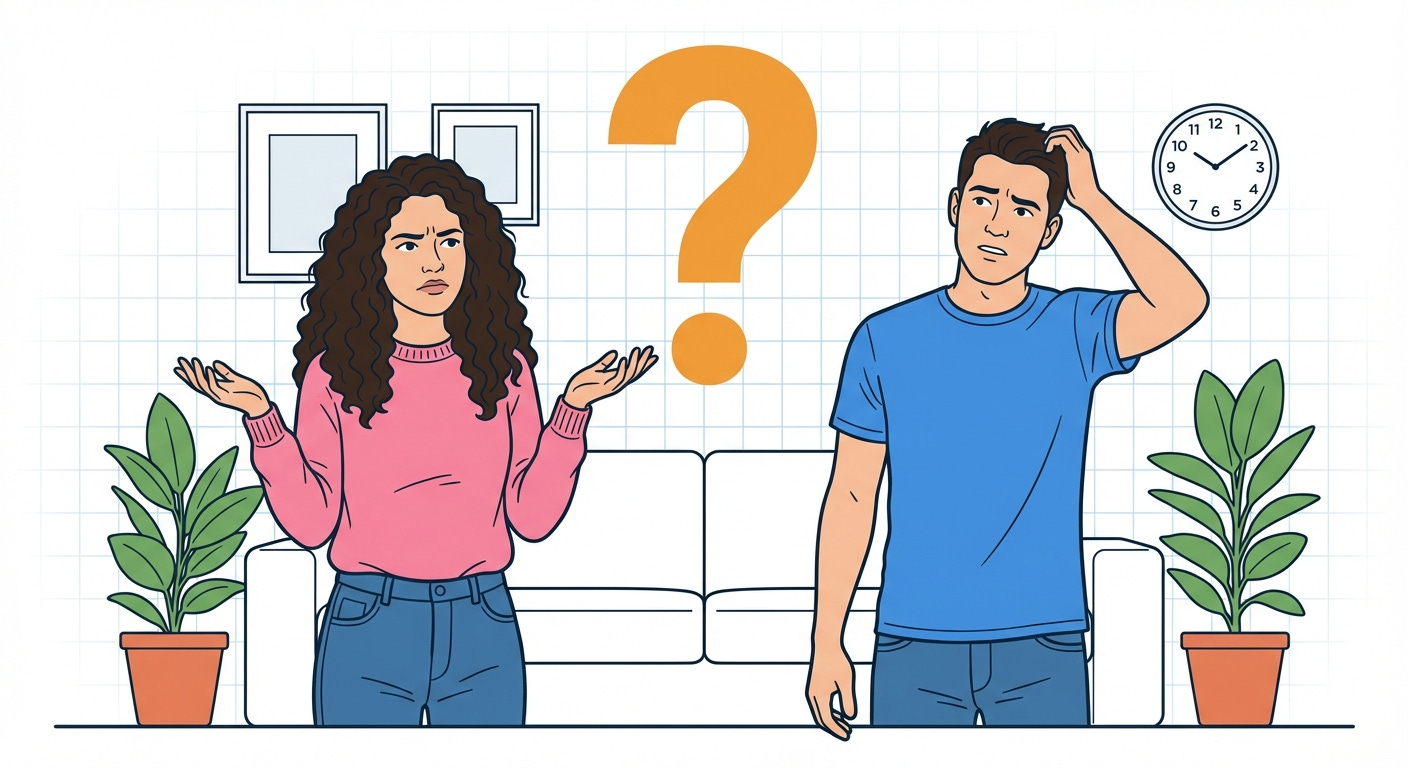The Key to Asking Great Questions
Hint: It’s not just about what you ask, but how you ask it.
Don’t hesitate to ask questions!
It’s a piece of advice repeated so often that it’s practically a workplace mantra.
And yet, most of us don’t ask enough questions. Instead, we hold back, make assumptions, fill in the blanks ourselves, and move forward with incomplete information. The result? Misunderstandings, miscommunications, and mistakes that could have been avoided with a simple, well-placed question.
The idea for this article came from a recent conversation with one of my 1-1 coaching clients that went something like this:
Client: “I don’t know why my manager suddenly asked about this. He seemed stressed and a bit micromanage-y.”
Me: “Did you ask him?”
Client: “Not really. I didn’t want it to seem like I was questioning his authority.”
My client’s response brought up a common misconception: that asking questions can be seen as a challenge rather than a tool for clarity and collaboration. He assumed his manager was unhappy with him and hesitated to ask for fear of making things worse. I encouraged him to go ask and coached him on how to frame his question to get the clarity he needed.
In our next session, he came back relieved. It turned out there had been a simple miscommunication. His manager wasn’t upset—he was reacting to incomplete information. The fact that my client asked the question helped clear up the misunderstanding and improved their working relationship.
This conversation made me realize how often we hold back from asking questions, why that’s the case, and what to do about it, so in this article, we’ll cover:
Why we don’t ask enough questions
How to avoid seeming insecure when asking questions
How to ask questions without coming across as confrontational
How to frame questions from a place of curiosity
Let’s dive in.
(paid content below this line)



